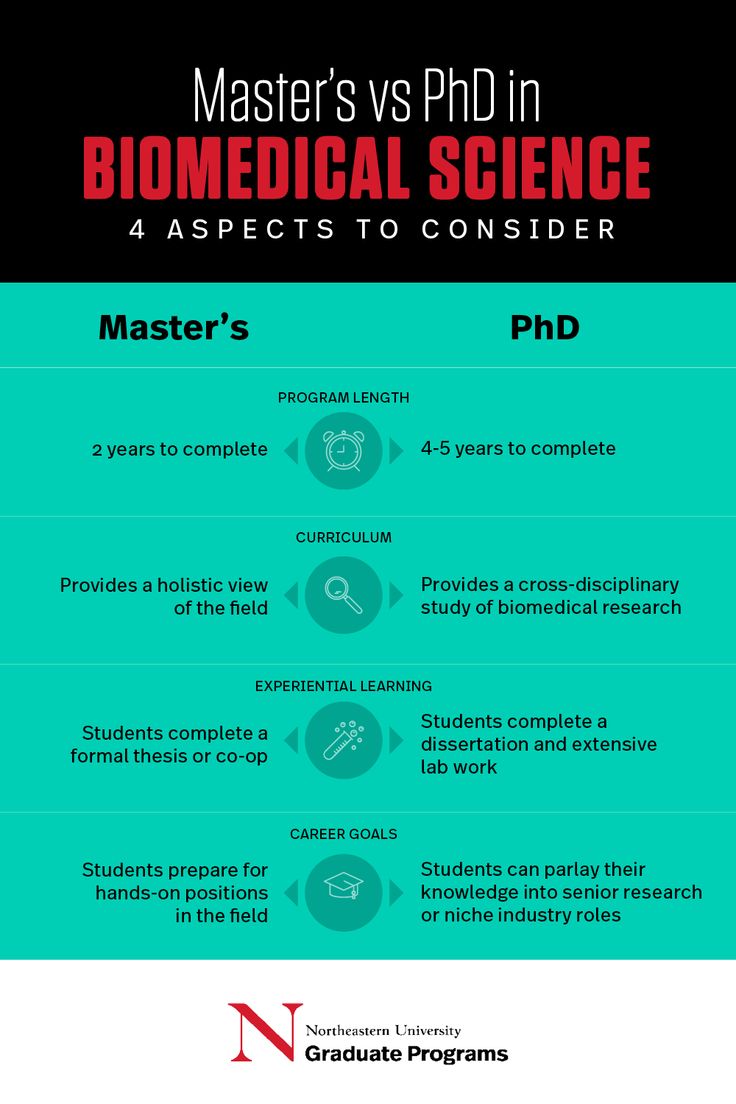Deciding whether to pursue a PhD in Biology or Biomedical Engineering is a pivotal choice for many aspiring scholars and professionals. Both fields offer the opportunity to engage with groundbreaking research and contribute to advancements in health and science. However, the distinct paradigms and methodologies of these disciplines present unique advantages and challenges that warrant careful consideration.
At the very outset, it is essential to delineate the fundamental differences between Biology and Biomedical Engineering. Biology, as a natural science, primarily investigates the myriad processes of living organisms, encompassing everything from cellular mechanisms to ecological interactions. In contrast, Biomedical Engineering merges principles of engineering and biological sciences to develop technologies and devices that enhance healthcare systems and improve patient outcomes. Understanding these paradigms can illuminate one’s intellectual inclinations and professional aspirations.
A common observation among graduate students is the allure of the life sciences as they pertain to health and wellness. Both fields are imbued with the promise of innovation, yet they approach this promise from markedly divergent angles. A PhD in Biology might draw individuals fascinated by the intricacies of life at a molecular level. Research in this domain often involves experimental methodologies, such as genetic modification or studying biological pathways, and may focus on fundamental research that reveals new insights about living systems.
On the other hand, a PhD in Biomedical Engineering offers a more applied trajectory. Students engrossed in this field typically engage in problem-solving exercises that necessitate the translation of biological knowledge into viable medical technologies. This might include the development of prosthetic limbs, regenerative medicine, or sophisticated imaging systems. Thus, those with a predilection for engineering principles and a desire to create tangible solutions for pressing medical issues might find greater satisfaction in pursuing a degree in Biomedical Engineering.
Moreover, the academic environments associated with these disciplines can vary significantly. Biology PhD programs often emphasize scientific discovery through laboratory research, critical analysis, and theoretical frameworks. Students might find themselves working closely with faculty on projects that seek to uncover biological truths, often leading to publications in prestigious journals. The pursuit of knowledge in Biology may appeal to those who thrive in environments that prioritize inquiry and exploration.
Conversely, Biomedical Engineering programs tend to amalgamate coursework from engineering disciplines and health sciences. Students may engage in collaborative projects with clinical professionals, thereby gaining insights into real-world applications. This interdisciplinary approach fosters a dynamic learning environment where theoretical constructs are constantly tested against practical challenges. For those who prefer a hands-on approach with immediate ethical implications, a PhD in Biomedical Engineering may resonate more strongly.
Another consideration arises when evaluating career prospects post-PhD. Graduates from a Biology program may find success in academia, biotechnology firms, or research institutions, where they can continue exploring biological phenomena. However, the path to tenure-track positions in academia has become increasingly competitive, prompting many Biology PhD graduates to seek opportunities in industry, where research applications can yield substantial economic benefits.
In contrast, a PhD in Biomedical Engineering often leads to versatile career trajectories. Graduates are frequently sought after by medical device companies, pharmaceutical corporations, and healthcare startups. Moreover, the realm of patent law and regulatory affairs has become a burgeoning sector for those armed with both engineering acumen and biological knowledge, highlighting the interdisciplinary nature of Biomedical Engineering accomplishments.
A compelling facet to consider is the impact of one’s research on society. Pursuing a PhD in Biology enables individuals to contribute to foundational knowledge that can precipitate paradigm shifts in our understanding of life and health. Research findings may impact fields such as conservation biology, genetics, or molecular medicine, thereby influencing future scientific endeavors and public policies related to health.
In contrast, the contributions of a Biomedical Engineer can manifest through novel products and therapies that alter the landscape of patient care. For example, advancements in tissue engineering can potentially revolutionize organ transplantation and regenerative medicine. Thus, the influence of Biomedical Engineering is often more direct and immediate, spurring technological progress that can save lives and improve quality of living for countless individuals.
Both disciplines also grapple with ethical quandaries that merit exploration. The manipulation of biological systems in research can evoke profound ethical considerations, especially regarding genetic editing and biobanking. Similarly, the design of medical devices and technologies demands a rigorous ethical framework to address potential repercussions on patient safety and societal implications. Engaging with these complexities is integral to the development of responsible and compassionate scientific practices, regardless of the chosen field.
Ultimately, the decision to embark on a PhD in Biology or Biomedical Engineering hinges on individual interests, career aspirations, and values. Those with a passion for unearthing life’s mysteries may find a fulfilling path in Biology, while those inclined toward practical applications and innovations in healthcare may be drawn to Biomedical Engineering. Each path presents unique challenges and rewards, steeped in rich academic traditions and poised to make meaningful contributions to society. Continuous reflection on one’s motivations and a vigilant awareness of the evolving landscapes of these disciplines can guide prospective scholars toward a choice that aligns with their intellectual fervor and professional ambitions.








